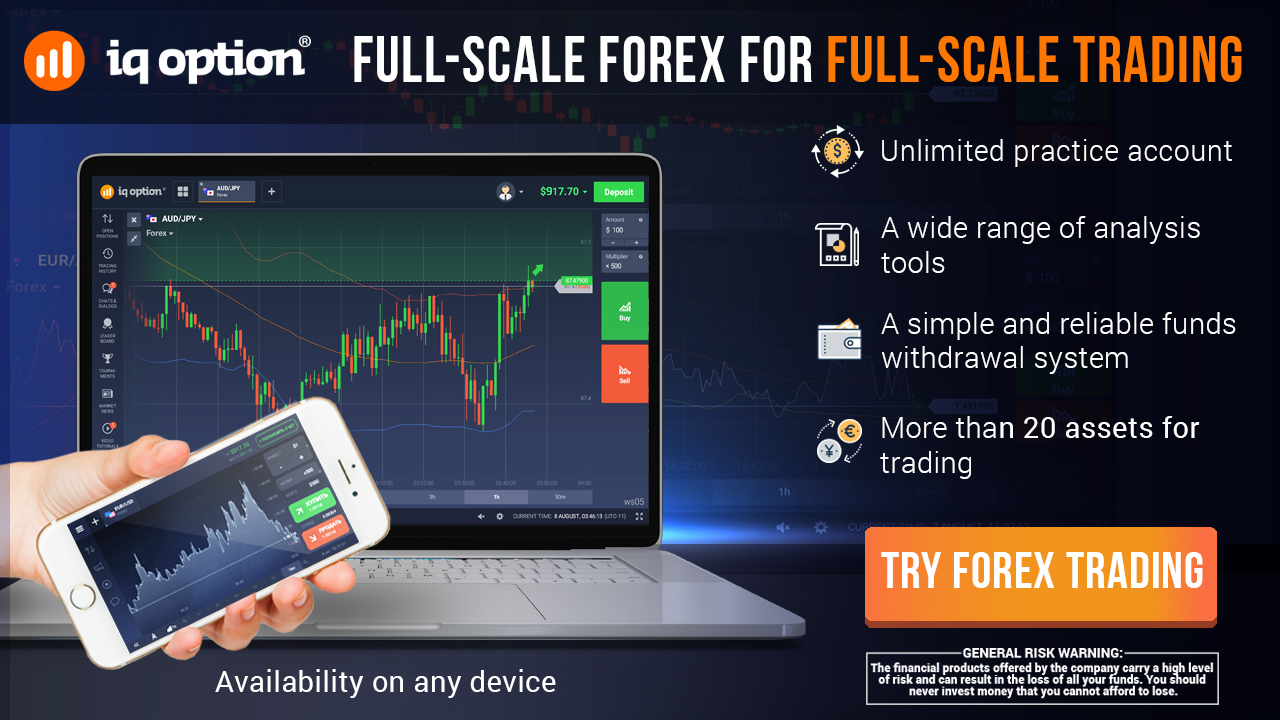FX brokers and forex trading online
 Company
Company Information
Information Asset type
Asset type Apply
Apply Företag
Företag 

 Forex spread from: 0.5 Pips
Forex spread from: 0.5 Pips Free $10 000 demo account
Free $10 000 demo account Connect with other traders
Connect with other traders Binary options available
Binary options available 13 languages supported
13 languages supported Forex trading instruments:
Forex trading instruments:26 currency pairs to trade.
Minimum deposit: 1€
Regulation:CySEC
 Ansök
Ansök
 Företag
Företag 
 Forex spread from: 1,5 Pips
Forex spread from: 1,5 Pips Free 100K demo available
Free 100K demo available Tight spreads
Tight spreads No commissions
No commissions 12 languages supported
12 languages supported Forex trading instruments:
Forex trading instruments:45 currency pairs to trade.
Minimum deposit: 100€
Regulation: CySEC,ASIC,FCA
 Ansök
Ansök
 Företag
Företag 

 Forex spread from: 2 Pips
Forex spread from: 2 Pips No Fees or Commissions
No Fees or Commissions CFD Service
CFD Service 15 languages supported
15 languages supported Forex trading instruments:
Forex trading instruments:65 currency pairs to trade.
Minimum deposit: 100€
Regulation:CySEC,FSB
 Ansök
Ansök
Remember that forex trading on CFDs are a leveraged product and can result in the loss of your entire capital. Trading CFDs may not be suitable for you. Please ensure you fully understand the risks involved.
A Look at CFD and Forex Trading
There is a lot of similarity between CFD (Contract for Differences) and Forex trading. For instance, neither involves the transfer of physical goods and both run on identical platforms. Trading in CFDs or Forex never involves ownership of the underlying stock but rather, both types of trading speculate on spread, which is the difference between buy and sell prices.

Trading in CFDs and Forex is executed “over the counter” among a network of banks rather than a centralized stock exchange such as the NYSE. Because of their similarities, CFD and Forex trading are often conducted through the same service provider, or broker.
Trading CFDs
Forex trading is solely currency trading whereas CFD trading involves trading “derivative instruments”. In the finance world, this means you are trading on the rising or falling value of an entity without ever owning it. Typically, the value of this derivative comes from its underlying stock price, so CFD values and stock values usually align.
One benefit of CFD trading over stock trading is the entry price. CFD trading uses a device known as “leverage”, which means you only pay a fraction of the stock value to enter the market. For example, if a given stock share value was $300, you might only pay a 10% margin of $30 to trade on entry and exit prices.
Essentially, leverage magnifies profits and losses. Although you only pay a small percentage of stock value, you might easily gain or lose 100% of your investment. Leverage losses may be greater than the margin value, though many brokers will stop trade before this point as a safety feature of their service.
As intimated, CFD trading is more varied than Forex trading. Investors might trade in any of numerous types of commodity. CFD trading can also be based on stock market indexes. This is a safer way of trading, since it isn’t so radically affected by the fortunes of a single company. Stock market indexes are also easier to track than individual companies and their internal struggles. This, again, often makes them a safer investment.
Trading Forex
Trading Forex means trading in the foreign exchange. Simply put, you could do this by visiting a bank and buying some currency when its value is low. Then, of course, you’d convert it back again when the value went up. You’d ideally do this after first checking the forecast for the currency you had in mind. One advantage obvious advantage to trading without a broker is that there is no commission to pay.

It’s also possible to invest in currency ETFs (Exchange Traded Funds) without a broker. These are like stock shares but are aligned with the underlying exchange rates of one or more nations. A simple way to do this is through stock-trading apps, which allow ETF trading without brokerage fees.
Another benefit of Forex trading with a broker is leverage. Similar to CFD trading, this means you can invest significantly using relatively small margins, or deposits. Again, you magnify your potential gains or losses this way, at least in terms of percentage. Thus, a 1% fluctuation in currency value might easily gain or lose 100% of your investment. Luckily, currencies do not tend to move much over the course of a single day, so losses tend to be manageable.
Again similar to CFD trading, brokers use stop orders or limit orders as a form of damage limitation when Forex trading goes awry. This way, investors don’t lose more than they invest. Brokers also bring expertise to the table, or at least that’s the idea. Their ability and experience help them to analyze markets, and they possess the right tools for that job.
Although CFD and Forex trading are accessible and exciting, they are patently not risk-free. The pluses and minuses of each must be assessed alongside an investor’s own trading plan.


